Travel Guide to South Korea: Know Before You Go
How safe is South Korea? Is it expensive? Nomad Ronan shares his tips on things to do, how to save money, transportation, safety, and local traditions.
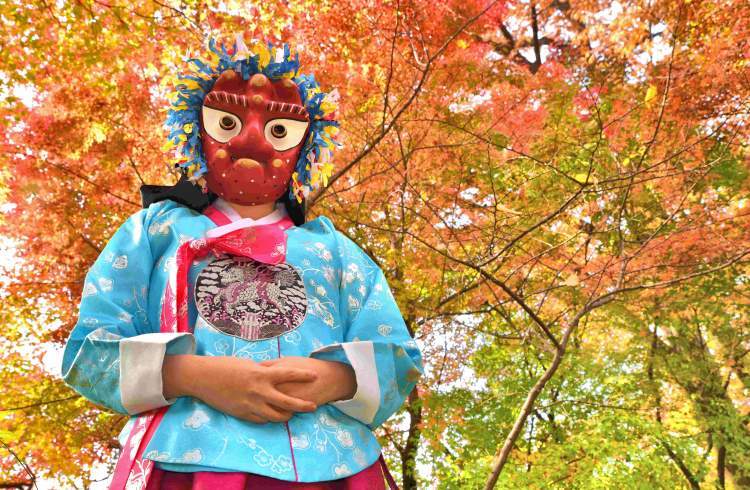 Photo © Ronan O'Connell
Photo © Ronan O'Connell
There are 37 US states larger in land area than South Korea – yet this tiny Asian nation has captivated me so much I have visited eight times and regularly daydream about its ancient palaces, modern cities, volcanic islands, mountain scenery, bullet trains, healthy food, and unique art forms. Whether you’re heading here for a quick trip or a deep dive, these South Korea travel tips will help you get the most from your visit.
- Is South Korea expensive?
- How safe is South Korea?
- Culture and tradition in South Korea
- When to go to South Korea
- Transportation in South Korea
Is South Korea expensive?
Seoul is a relatively pricy destination, particularly for accommodation. But just like most other countries, most of South Korea is affordable compared to its capital.
In cities such as Busan, Daegu, and Gyeongju, you can get a spacious room for two in a four-star hotel, including breakfast, for as little as US $70 a night. Whereas, in Seoul, you’ll be lucky to secure a cramped room in a three-star property, with no breakfast for that price.
The good news is that, all over South Korea, the food is cheap and healthy. Small, family-run restaurants line the back streets of Korean cities, offering freshly made Korean cuisine for as little as US $5 a dish.
One easy way to save money is by changing cash at the small currency kiosks in busy tourist areas, which offer much better rates than banks or airport exchange desks.
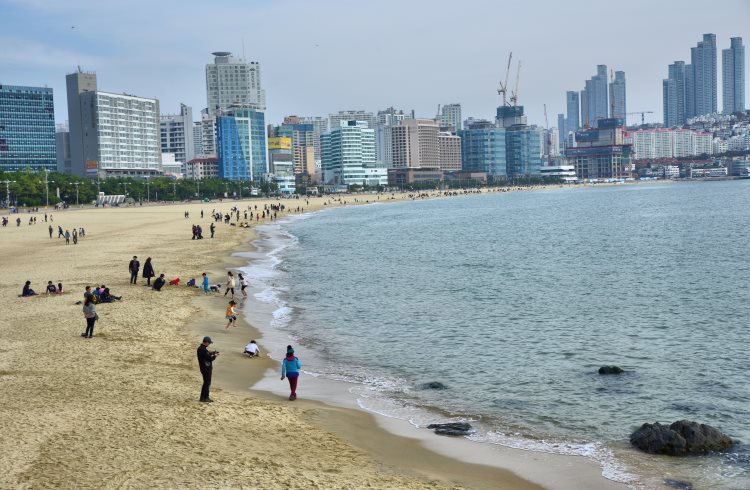
How safe is South Korea?
I have traveled to more than 60 countries and never felt safer than in South Korea – so much so that I had no worries about my wife exploring Seoul and Busan by herself at night. There is a strong police presence in the downtown areas of all South Korean cities, which helps deter petty crime.
There’s even a special force to protect foreigners – the Tourist Police. This unit – tasked with taking complaints from tourists, providing them with general information and deterring crime against travelers – has nearly 20 offices across the country, all in popular tourist areas.
Of course, crime exists in South Korea. Tourists are more likely to fall victim in quiet areas, where there’s a lesser police presence, or late at night in entertainment precincts, particularly if intoxicated.
Culture and tradition in South Korea
The South Korean Government is dedicated to preserving ancient culture and has placed 134 traditional art forms on a protection list. Part of safeguarding these artforms includes promoting them to travelers, who can try out ancient skills at cultural centers in South Korean cities.
These classes include crafting Tal masks, making Hanji wood bark paper, learning Jultagi tightrope walking, and trying out Janggu drumming. At Korea House cultural center in Seoul, an artist taught me to decorate the fierce, demonic-looking Tal masks, which were used for hunting in prehistoric times and now are worn by performers during Talchum mask dances.
At the huge Seoul Global Cultural Center, which offers many such workshops, an expert showed me how to scrawl Seoye Korean calligraphy.
To find out about these classes, visit the official tourism information centers in the downtown area of cities like Seoul, Busan, and Daegu.
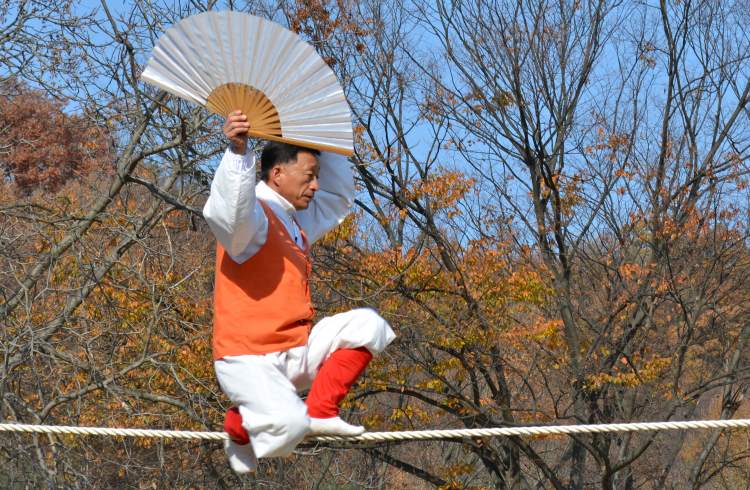
When to go to South Korea
Few cities have weather that ranges as wildly as Seoul – I’ve frozen in winter and melted in summer. In July and August, temperatures can reach 104°F (40°C) with very high humidity which, if you’re from a cold country like me (Irish), ensures you sweat profusely.
Then, in December and January, it can feel like you’re in the Arctic, with temperatures dropping to as low as -4°F (-20°C) due to cruel winter winds blowing down from Siberia. Seoul feels like Houston, Texas in summer and Chicago, Illinois in winter.
The south of the country is milder than Seoul, but still very chilly in winter and has equally harsh summers. If you’re visiting South Korea in the winter, don’t worry too much about rain, as that’s the dry season, but wear warm clothes that repel the wind. In summer, avoid strenuous activities in the middle of the day, when it’s blazing hot, and pack a light raincoat in case of a downpour.
Transportation in South Korea
At its narrowest points, South Korea is just 140mi (225km) wide, and 200mi (322km) from top to bottom. But it feels even smaller than it looks due to its superb public transport system. South Korea is similar in size to my home country of Ireland, yet is far easier to traverse due to something Ireland badly lacks – bullet trains.
Traveling at up to 190mph (306kph) these KTX trains reach more than 20 cities in South Korea. This impressive system allows travel from Seoul in the country’s far north to Busan in the deep south in just 2hrs 30mins. The KTX trains aren’t just fast, either. They’re also extremely comfortable and surprisingly cheap.
For US $185, visitors can buy a five-day Korail pass that offers unlimited KTX trips. Bought individually, that Seoul to Busan journey costs just US $72-80, or you can get Business Class for US $100-111. There’s really no need for an upgrade, however, as the economy seats are wide and plush, with lots of legroom, even for a 6’5” man like myself. Taking the KTX is simple, comfortable, convenient, and affordable.
Related articles
Simple and flexible travel insurance
You can buy at home or while traveling, and claim online from anywhere in the world. With 150+ adventure activities covered and 24/7 emergency assistance.
Get a quote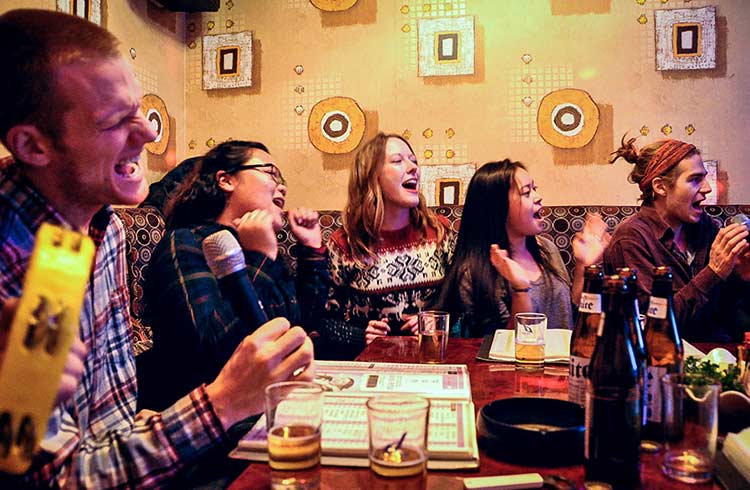
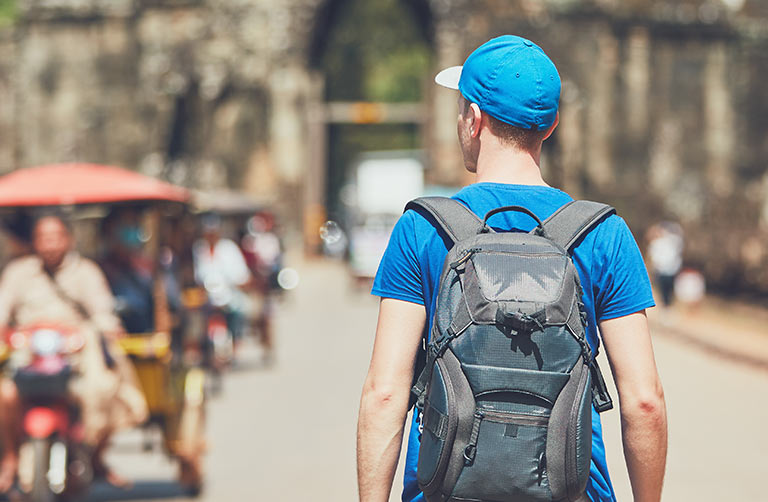
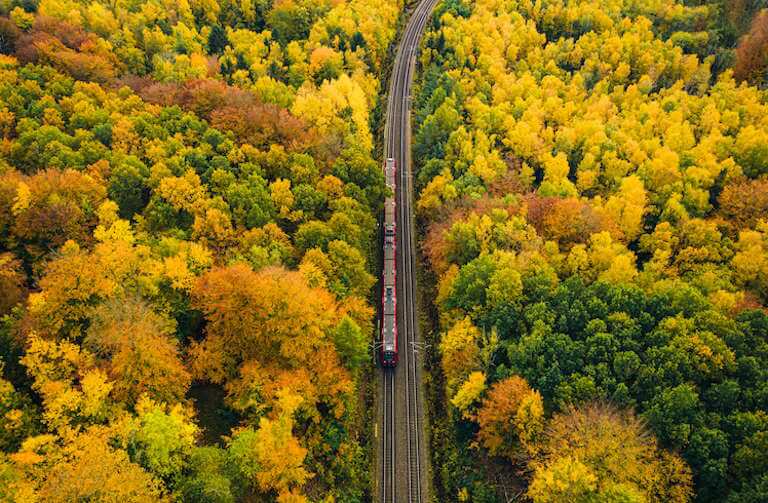
14 Comments
Before leaving CANADA and United Kingdom tourists visa,. passport., did not know how they had understanding for summer season,. Language SOUTH KOREANS will be helpful., traveling basic phrases,..?
Hello there am an African lady ,,been to all Asian countries but s.korea.i want to visit there next year can someone tell me how they relate to Africans.
I'm going to Korea when im a bit older, my question is what places should I add on my bucket list apart from Seoul & Busan?
@ Al, korean relate very well now with African...Just that the language is a little bit of issue for easy communication...And @ Adejolu adedoyin you can message or talk to me if you want to come korea on my mail....spylexy58@gmail.com or you skype me on walexy58
I am the same as you. Very fond of aoa in Korea. And I really want to vacation in Korea. I like your holiday content. Thank you for sharing your holiday experience.
very helpful keep it up
I would like to connect with a man from the USA who speaks Korean and visit South Korea. We could split expenses. I would even go further and pay 75 percent of the hotel room if you are on a budget.
I will like to visit Korean one day,I really really love the country😍😍😍
Thanks for all the tips. I have been considering to visit south Korea but I don't know anyone and the language difference as well. I am an African and I for one really like south Korea for vacations. I was hoping if there are tourist guides who might be willing to help.
I want to go korea please help me going to Korea and meet bts please I am big fan of bts I m from Pakistan but I want to meet bts all memebers..💜
Hey, do I need a visa to travel in South Korea to stay? is it easy working in South Korea
I am Australian but have chosen to make my home in South Korea, after marrying a Korean woman. Having lived both in Seoul and elsewhere in the country I can say that there is a very great difference between between the capital and the rest. Seoul is huge - 26 million people - and while expensive it is easy enough to move around by train, bus (which have directions in English) or taxii. Indeed, many Koreans who live in Seoul do not own a car. Parking can be difficult especially in the areas around the Hangang (the river that bi-sects Seoul). English is a complusory subject in schools so is widely spoken, and there is plenty of English-language tv and even a major newspaper in English, the Korea Times. The further you go from Seoul the less English is spoken but the people are always friendly. I live in Chungju-si, a city of about a million right in the middle of the country and there is little English spoken. It is not uncommon for kids to come up to me and stare because they have never seen a Westerner in the flesh. People often ask me where I am from as they know I am not American and are surprised to hear that I am from Australia. There is no Korean word for Australia; they use the Chinese word hoju instead. As for the geography, a surprising thing is that Korea is very mountainous with ranges running right down the country. So north-south travel is easy but east-west travel is more difficult. Korea is also quite small: you can drive from Seoul to Busan in five hours (the entire length of the country). Busan is alright but the eastern coast and the southern areas are well worth seeing. Jeju Island is beautiful but prone to typhoons. Generally, you can get by with about 20 phrases and Koreans appreciate the effort. Two other points to remember: for historical reasons Koreans do not much like Japanese; and they love to have their country complimented. Something else: Korean women are all beautiful.
I am over 60 and would like to travel to South Korea. I would be a solo traveller. Could I have some advice on how easy it would be for me.
Any help would be appreciated.
I want to go to see BTS in 2025
I'm already learning korean lol